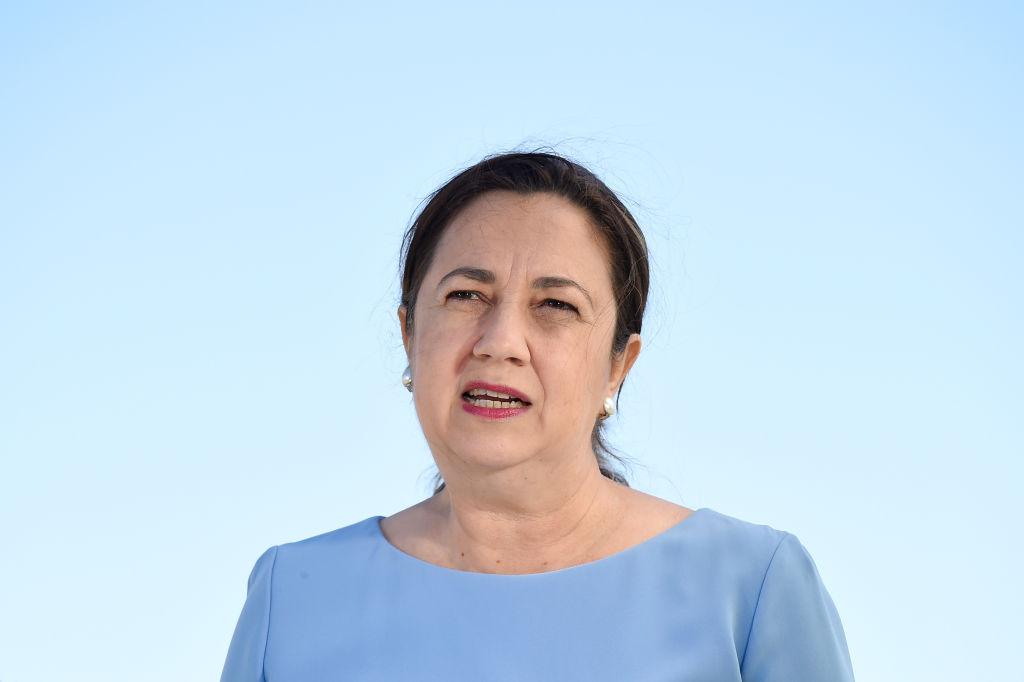Australian federal and state politicians have put pressure on the Queensland state government to reconsider its new PCR test rules for domestic travellers wishing to enter the state once domestic borders reopen.
Until 90 percent of Queenslanders are double vaccinated—which is expected in January 2022—the state has declared that travellers from all interstate hotspots must have a negative PCR test within 72 hours of travel.





